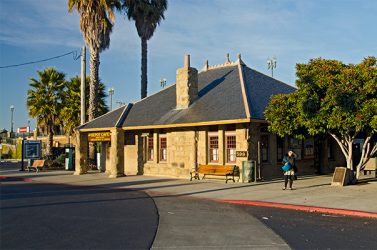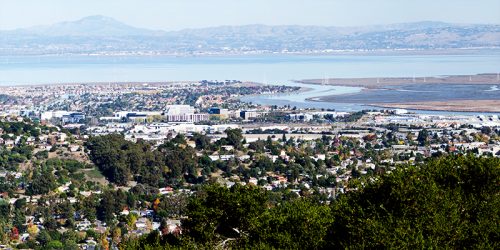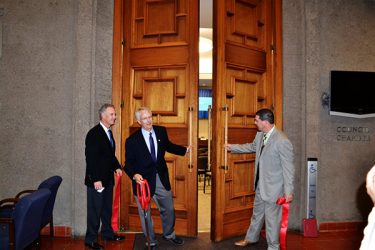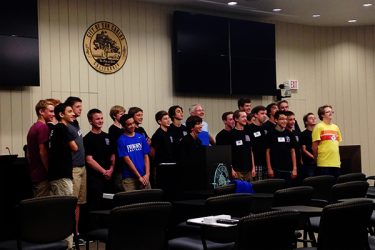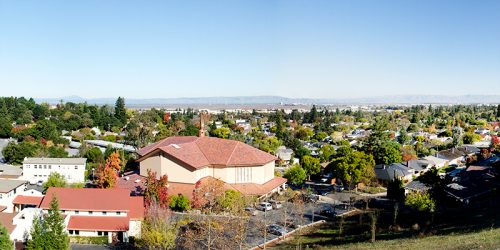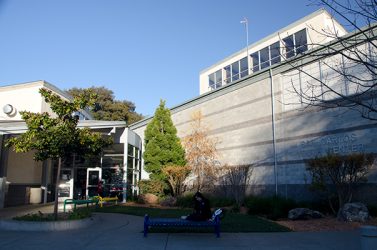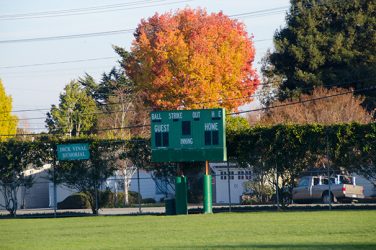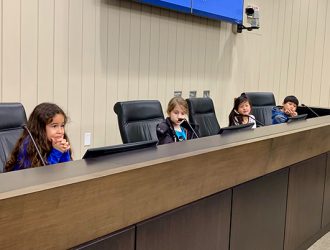The Carlos Club hearing at last night’s Council meeting overshadowed another topic which may be of greater long-term significance to more of San Carlos. That was the Council’s authorization to add three firefighters to the San Carlos Fire Department.
Staff expects this expansion to have no significant long-term financial impact. Why? Because more firefighters will mean less overtime to cover training, medical leaves, vacation, resignations, etc.
Of course, there will be some additional upfront cost while newly-hired people are trained. It can take six to twelve months, sometimes longer, before a new firefighter can take over all of the necessary roles. During that time we’ll be incurring costs but not receiving the benefit of reduced overtime expenses. I don’t know what the magnitude of that investment will be (staff didn’t have the figure available; I’ve asked them to prepare one), but if I had to guess I’d say it’s probably between $200,000 and $300,000. That’s because a full year of salary and benefits for the three new positions is about $380,000, and the training/certification cycle can last around a year.
But there’s another, more interesting — and significant — aspect to the expansion decision. What’s causing the level of overtime we’re experiencing? Given the department is barely more than six months old there isn’t a clear answer, yet. The overtime we’re seeking to displace could be the result of normal operations (e.g., normal medical leaves, training needs). Certainly some portion of it is.
But turnover could be a factor, too. We have lost a couple of firefighters recently, one to Belmont and one to Mountain View, over what appears to be compensation. Those other communities pay more.
The financial compensation package offered by the San Carlos Fire Department is lower than that of many surrounding communities. That’s a consequence of San Carlos’ relatively poor financial situation. But in a market economy, what you can afford and what you have to pay don’t necessarily have anything to do with each other. At least when you’re a small player.
There are, of course, important elements to compensation which aren’t financial (e.g., a good working environment and a supportive community). And it’s not as if there’s a single price for firefighting employees. As in any market, different suppliers (people) are willing to accept different compensation.
But it’s an issue to be watched. Because you can end up in a situation where what you aren’t paying in compensation you’re paying in other ways. Like higher overtime, staffing, turnover, employee fatigue, and even potentially lower quality of service.
